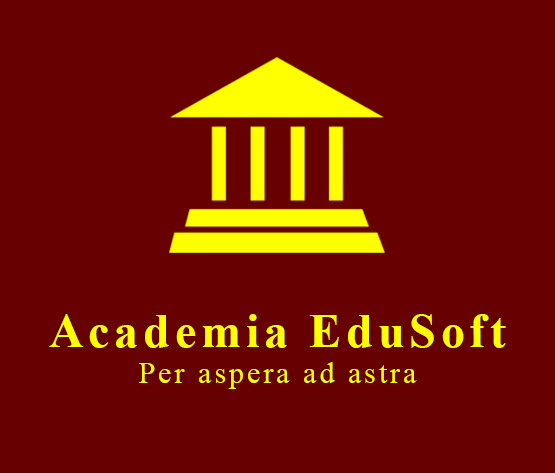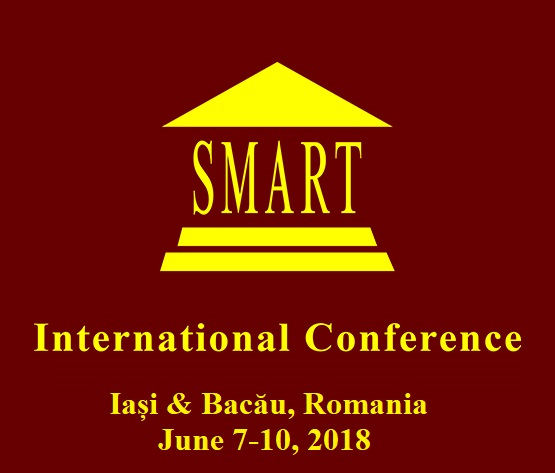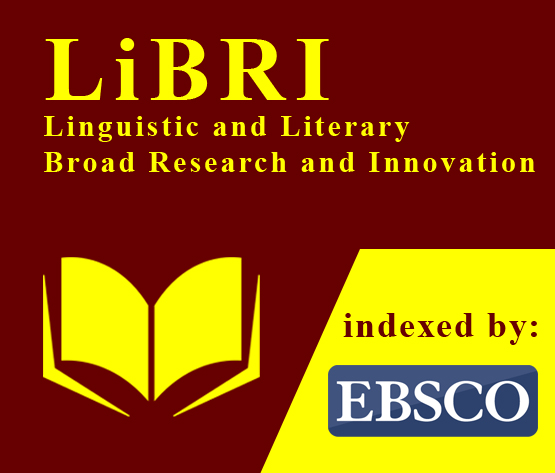Les Marqueurs Idiolectaux
Abstract
The paper is part of a study about translating the Proustian idiolect into Romanian. We extract and enumerate some of its characteristics, as this part of the research assumes the notion is linguistically relevant to underline them. Supported by previous writings on language and characters speech advanced by French and American scientists, we look into what stands out in the saying of a person (marks) that help define the concept. We underline the differences (variables) from one idiolect to another as a key method to delimit a personalized language, we extract the variables that influence on language (age, gender, social status, place, interlocutor) and situate a character. Given Labov and Houdebine researches and knowing about Prousts keen observation on his society, we focus on the fact that the idiolect is a linguistic but very much a social concept. Prousts characters of In search of lost time prove it by grouping characters/idiolects according to social class. His characters language is influenced by the environment they live and interact in. There are popular idiolects (Francoise, Jupien), bourgeois idiolects (Swann, Albertine, the parents) and aristocratic idiolects mostly grouped around the Guermantes (Oriane, the Duke, Robert de Saint-Loup, Charlus). Apart from the social status, the Proustian idiolects illustrate certain language characteristics such as argot, proverbs, verbal habits, linguistic faults, etc. The paper insists on the idea that idiolects stand out through repetition and recognition of certain traits.
Keywords: idiolect, social, repetition, individual, recognition
Larticle fait partie dune recherche sur la traduction des idiolectes proustiens en roumain. On en identifie et ume quelques caractistiques, puisque cette partie de lude suppose que la notion est pertinente linguistiquement pour pouvoir en parler. Prenant comme appui des ouvrages sur la langue et les parlers des personnages rits par des savants franis et amicains, nous analysons la spificitdu parler dune personne (les marqueurs) qui aiderait definir le concept. Nous relevons les diffences (variables) dun idiolecte lautre comme mhode principale pour dimiter le language personnalis nous identifions les varibles qui influencent la langue (e, sexe, statut social, lieu, interlocuteur) et situent un personnage. En partant des recherches faites par Labov et Houdebine, et connaissant Proust comme un fin observateur de sa soci nous insistons sur le fait que lidiolecte est une notion linguistique, mais aussi sociale. Les personnages de A la recherche du temps perdu le dontrent en se groupant selon la classe sociale. Leurs parlers sont influenc par lenvironnement oils vivent et interagissent. Il y a des idiolectes populaires (Franise, Jupien), bourgeois (Swann, Albertine, les parents) et aristocrates, group autour des Guermantes (Oriane, le duc, Robert de Saint-Loup, Charlus). Outre le statut social, les idiolectes proustiens illustrent certaines caractistiques langagies comme largot, les tics verbaux, les proverbes, les cuirs, etc. Larticle souligne que les idiolectes ressortent par la rition et la reconnaissance de certains traits.
Mots-cl: idiolecte, social, rition, individuel, reconnaissance






